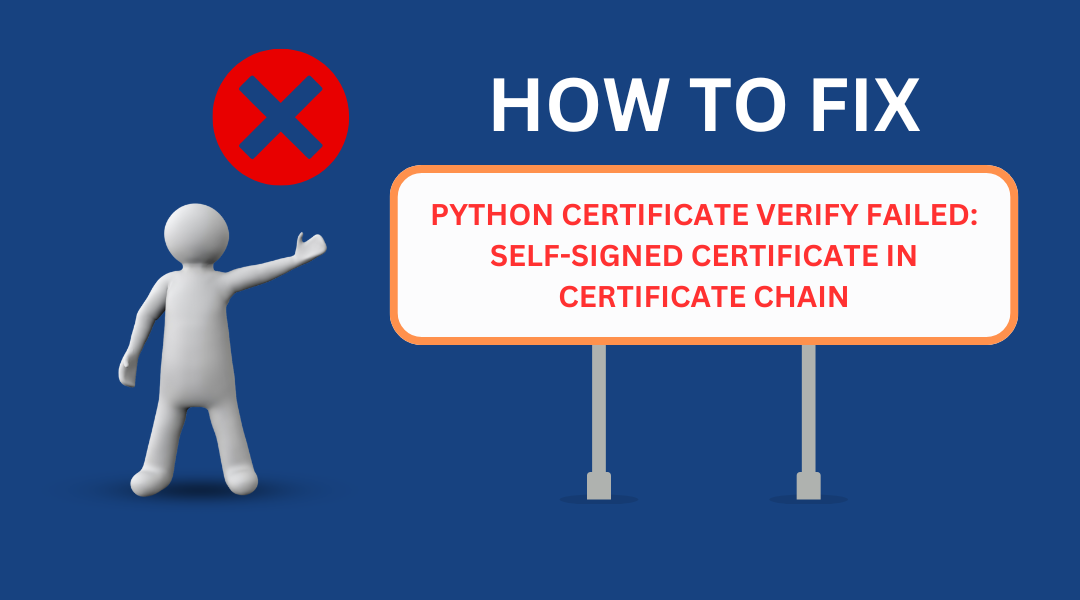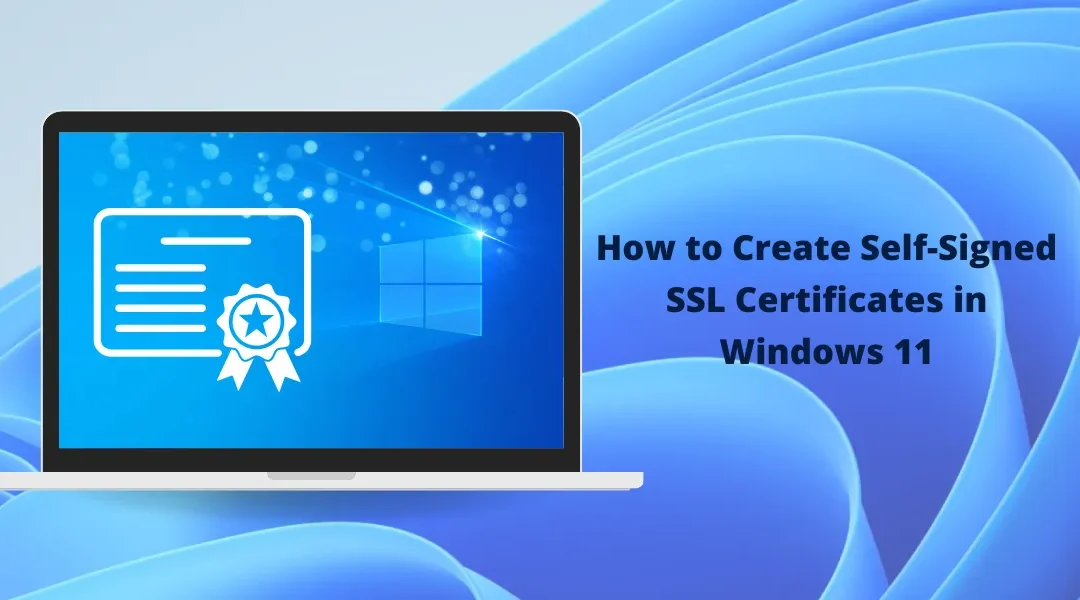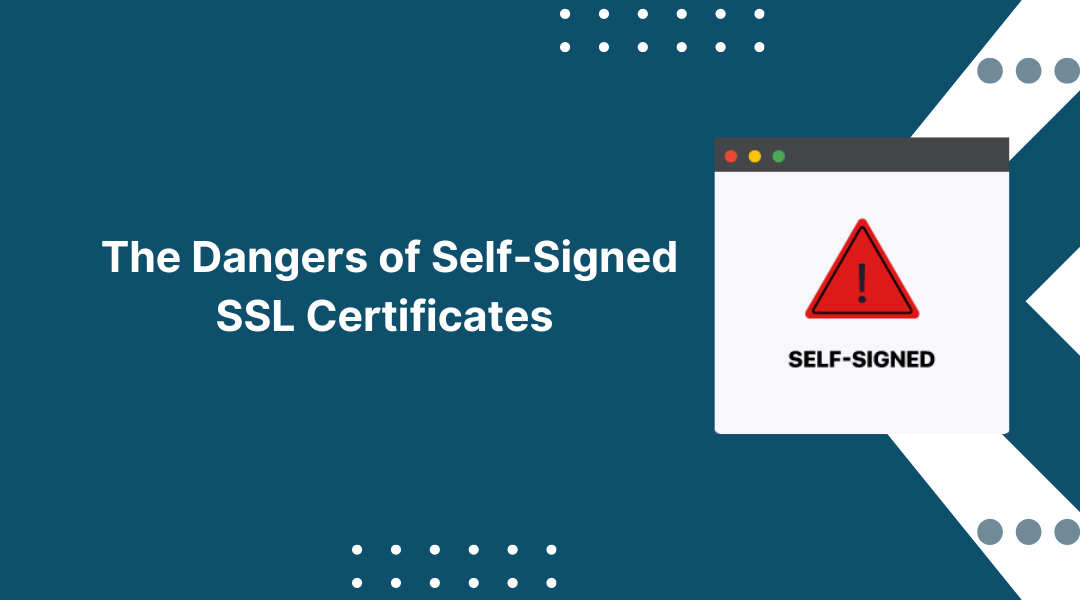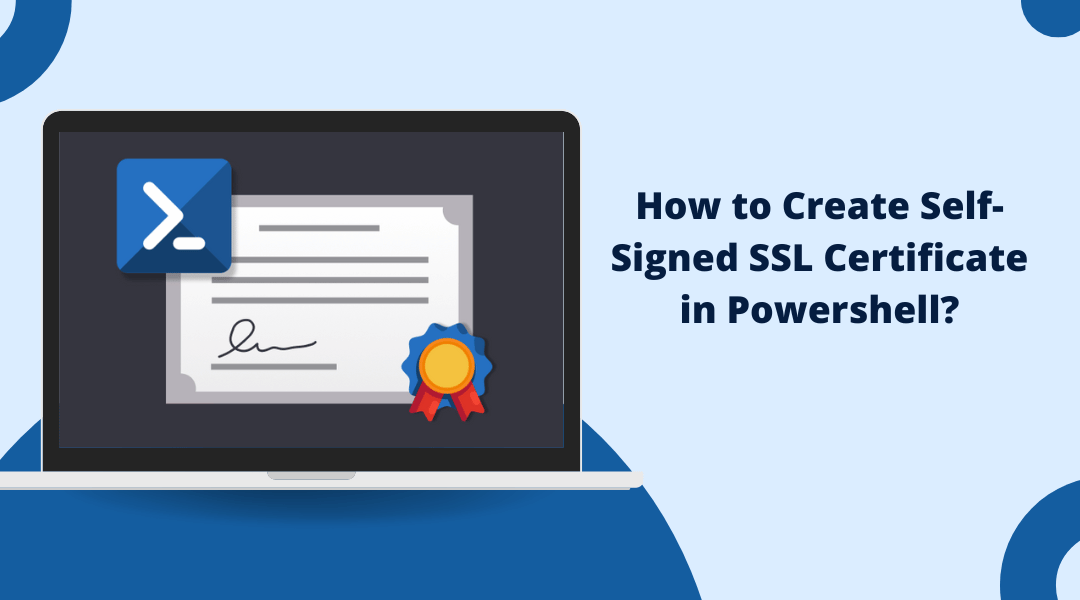Axios self-signed certificate errors occur when your application encounters untrusted SSL certificates during API requests. You can fix these errors using two main methods. The first method is to set the 'rejectUnauthorized' option to false in your Axios...
![How to Fix Axios Self-Signed Certificate Errors [A Complete Guide 2025]](https://sslinsights.com/wp-content/uploads/2025/03/axios-self-signed-certificate-errors-1080x600.png)








